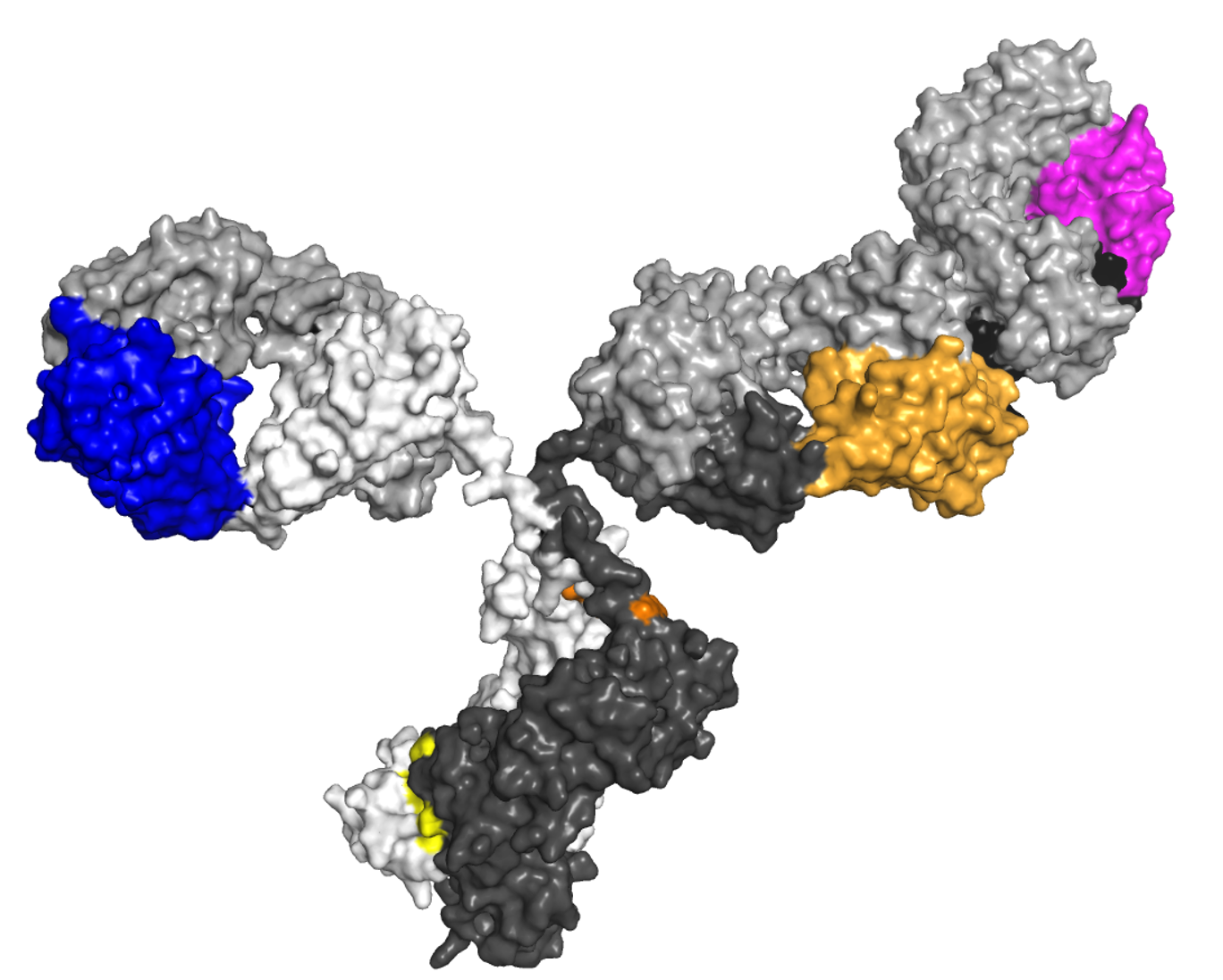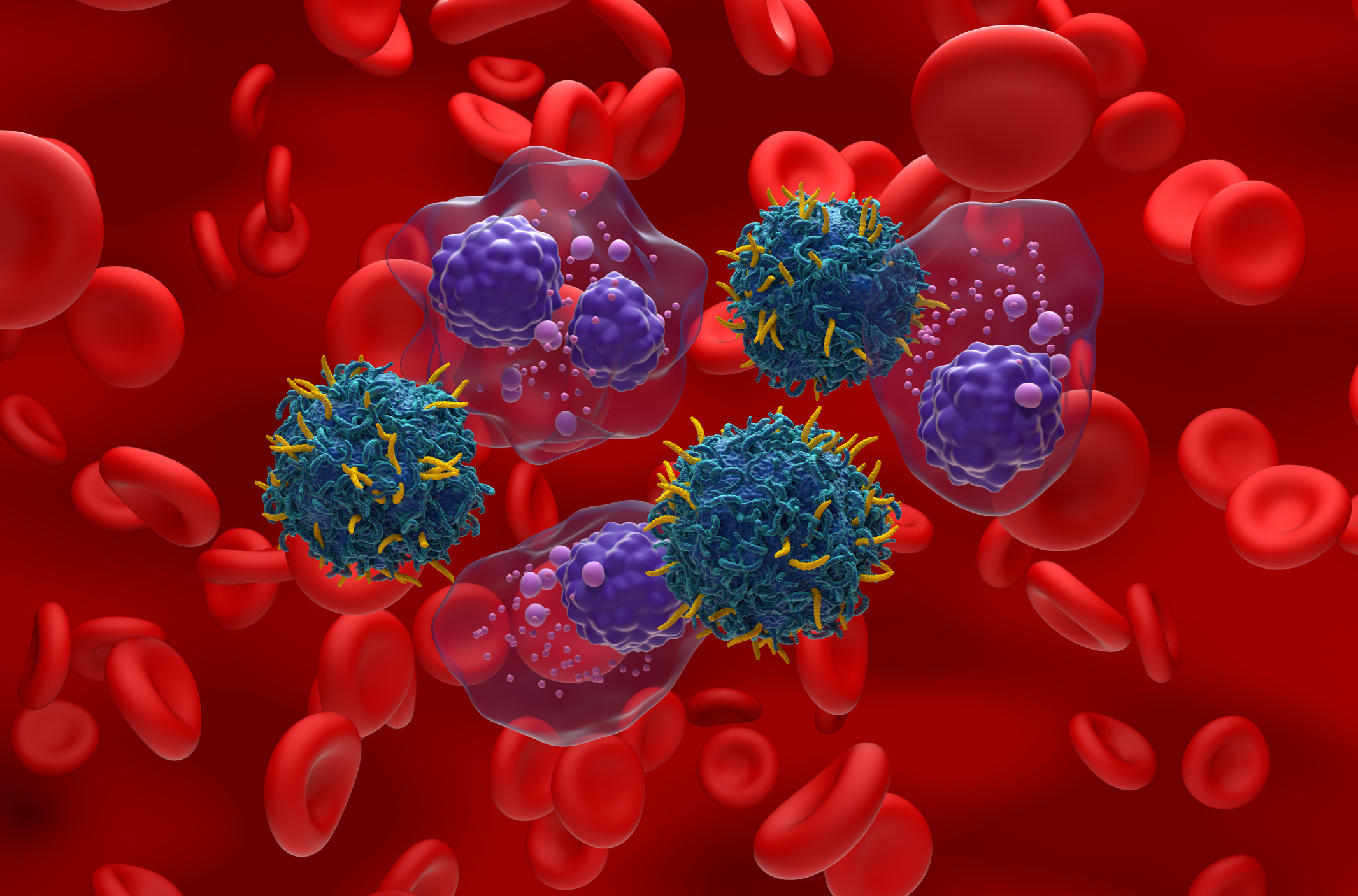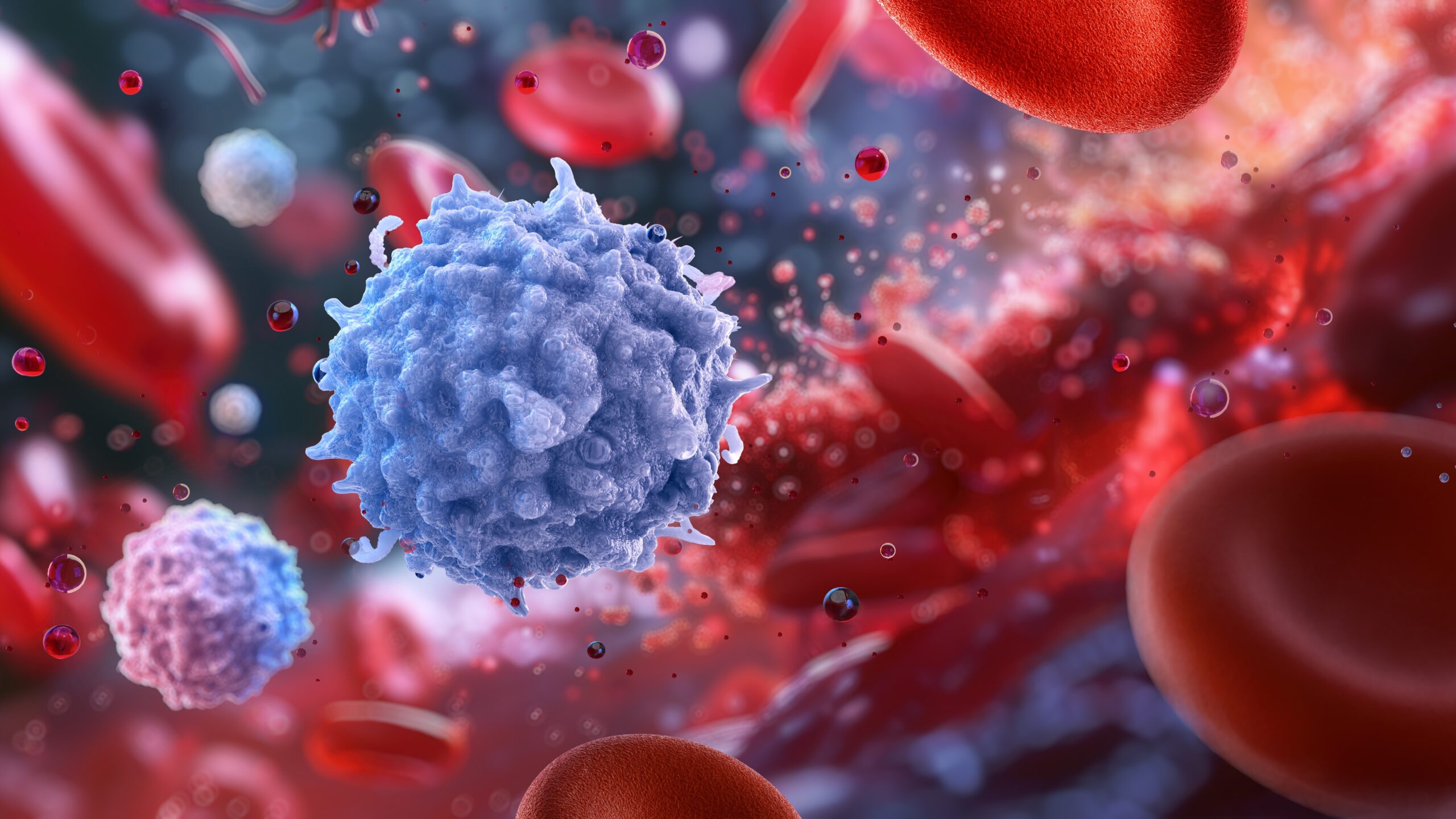
New results from the DREAMM-9 trial continued to support previous data showing early and deep antimyeloma responses in patients with newly diagnosed multiple myeloma (MM) treated with a combination including the antibody-drug conjugate belantamab mafodotin.
Saad Usmani, MD, of the Memorial Sloan Kettering Cancer Center in New York, presented results of an updated interim analysis at the 2023 American Society of Clinical Oncology Annual Meeting.
DREAMM-9 is a phase I randomized trial studying belantamab mafodotin plus bortezomib, lenalidomide, and dexamethasone (VRd) in patients with transplant-ineligible, newly diagnosed multiple myeloma. The study is evaluating the combination in up to eight cohorts to establish a recommended phase III dose for the first-line setting. VRd is given every three weeks until cycle 8 and RD every four weeks thereafter.
Across cohorts one to seven, 93 patients have been treated. The majority of patients were White (84%) and 55% were male.
In cohort one, patients received 1.9 mg/kg Q3/4W. Patients in cohort three received 1.9 mg/kg Q6/8W. All patients in these cohorts responded to treatment (100%). The median time to very good partial response or better ranged from 2.1 to 3.1 months across all study cohorts.
The highest measurable residual disease (MRD)-negativity rates were seen in cohorts one (83%) and three (67%).
With this continued follow-up, no new safety signals were reported for the combination. The most commonly reported nonocular adverse events (AEs) were thrombocytopenia (46%), constipation (36%), diarrhea (34%), and peripheral sensory neuropathy (31%).
Belantamab mafodotin-related grade 3 or worse AEs occurred in a little more than one-third (35%) of patients; 7% of patients required belantamab mafodotin dose reductions, and 63% required dose delays.
Grade 3 or worse ocular events occurred in about half (53%) of patients and led to dose reductions in 12% and dose delays in 52% of overall patients. Fatal AEs, deemed unrelated to the study treatment, occurred in seven patients.
Reference
Usmani SZ, Mielnik M, Byun JM, et al. A phase 1 study of belantamab mafodotin in combination with standard of care in newly diagnosed multiple myeloma: An interim analysis of DREAMM-9. Abstract #8018. Presented at the 2023 American Society of Clinical Oncology Annual Meeting; June 2-6, 2023; Chicago, Illinois.






 © 2025 Mashup Media, LLC, a Formedics Property. All Rights Reserved.
© 2025 Mashup Media, LLC, a Formedics Property. All Rights Reserved.